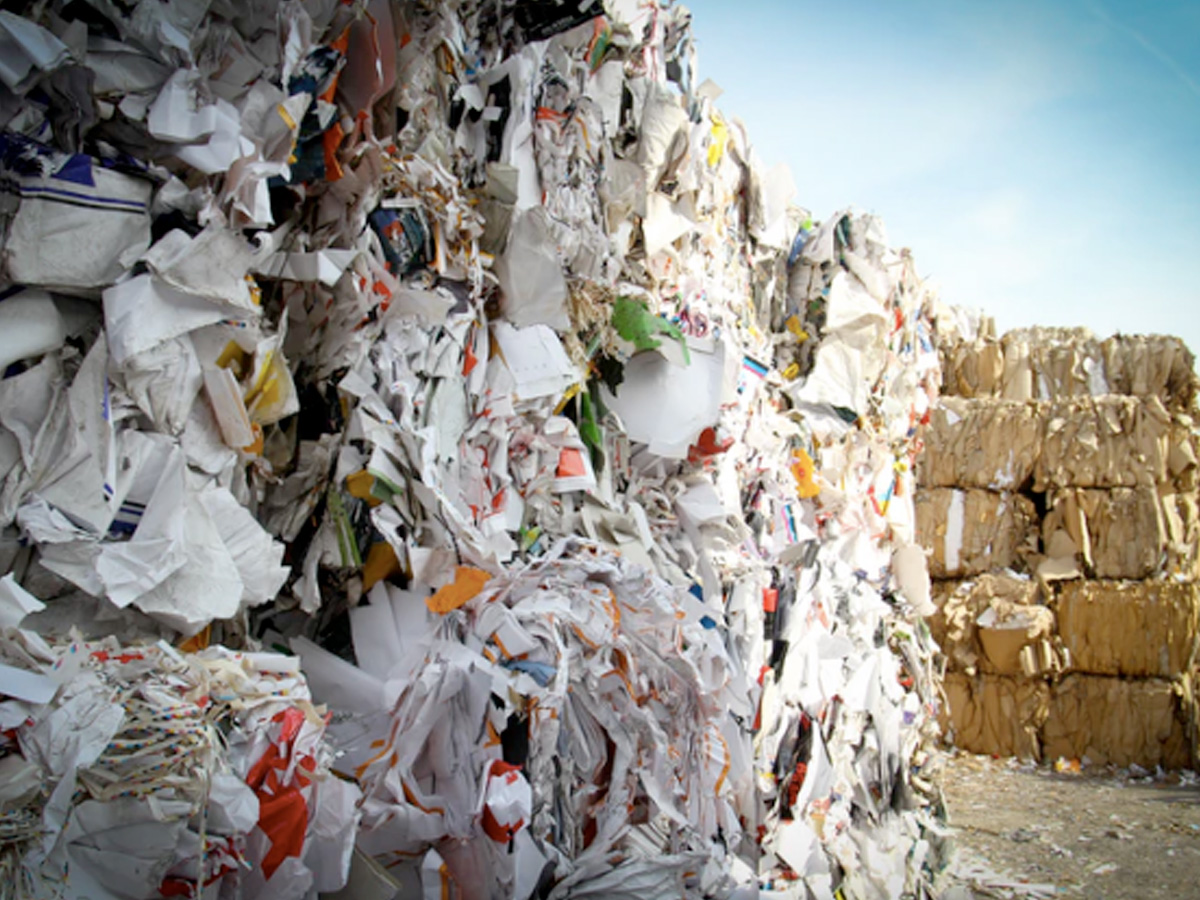Mandaluyong City, Philippines, 9 November 2018 — Green groups today challenged the Asian Development Bank (ADB) to live up to its stated mandate and stop financing any form of waste incineration. Incineration, including so-called “waste-to-energy” (WTE) incineration, is a dangerous, costly, and unsustainable method of treating waste. The groups contend that ADB is flouting local and international laws by promoting incineration, and that the bank should facilitate—instead of obstruct—Asia-Pacific’s transition toward a sustainable circular economy.
The call came during the launch of the report ADB and Waste Incineration: Bankrolling Pollution; Blocking Solutions [1] published by the Global Alliance for Incinerator Alternatives (GAIA). The report is a critical review of how ADB promotes investments in WTE incineration despite documented negative impacts of these facilities on public health, environment, economy, and the climate.[2] Joining the launch to call for the bank to pull out of waste incineration funding were No Burn Pilipinas, EcoWaste Coalition, Break Free From Plastic, Greenpeace, Healthcare Without Harm, Mother Earth Foundation, and the Philippine Movement for Climate Justice (PMCJ).
“Incinerator financing is a classic example of ADB’s schizophrenic funding policy,” said Lea Guerrero, GAIA climate and clean energy campaigner. “The bank is using public money to promote dirty and destructive projects that serve to prevent countries in the region from pursuing solutions that conserve resources, protect health and which do not harm the climate. This report challenges ADB to innovate, not incinerate: the world is already moving away from incineration and transitioning to a sustainable circular economy. ADB should follow suit and fund just, equitable Zero Waste systems that will enable this transition.”
The report shows that WTE incinerator facilities advanced by ADB present significant investment risks, fail to comply with key provisions of the bank’s safeguard standards as well as core pillars of the bank’s poverty reduction strategy, and present a lack of accountability to the very people within member countries it is mandated to serve. In Asia, the bank is the leading agency that is bringing the failed incineration model from the Global North. It also proactively partners with waste incineration companies to build WTE incinerators in the region. These facilities lock countries into enormous (and onerous) debts for environmentally and publicly harmful projects with exploitative “put-or-pay” contracts that obstruct the adoption of best practices for dealing with resources and waste.
Among incineration projects funded by ADB are incinerator facilities in China and Vietnam. The bank also recommends waste incineration to other countries through its technical assistance (TA) projects, such as in the Philippines.
“In the Philippines, ADB’s pro-incinerator policies contravene the country’s Clean Air, Ecological Solid Waste Management, and Renewable Energy laws,” said Glenn Ymata, No Burn Pilipinas campaign manager. “Aside from clearly going against its safeguard standards, ADB is potentially locking cities and municipalities, already stretched for funds, into decades of wastage and indebtedness. It is business as usual for ADB and it has been the same for over 50 years.”
Last October, the bank announced that its lending portfolio has no place for “dirty energy”.[3] Green groups assert that WTE incineration is dirty energy and should not be financed by the bank. “ADB’s funding of incinerators is based on the industry lie that WTE incineration is renewable energy,” said of PMCJ. “WTE incineration is polluting, carbon intensive, and takes investments away from real RE solutions. It should not be part of the ADB’s portfolio.”###
Read the Executive Summary HERE.
CONTACT
- Sherma Benosa | Communications Officer, GAIA Asia Pacific | +63 9178157570 sherma@no-burn.org
NOTE TO EDITORS
[1] http://www.no-burn.org/wp-content/uploads/ADB-and-Waste-Incineration-GAIA-Nov2018.pdf
[2] The report highlights that incinerators 1) have adverse impacts on the health and wellbeing of people and the environment ; 2) contribute to climate change; 3) damage local and national economies; and 4) obstruct resource sustainability. WTE incineration is the most expensive way to manage waste and generate electricity and perpetuate the unsustainable “take, make, waste” linear economic model that abets climate change and pollution. At present, incinerator and WTE incinerator facilities are seeing a phaseout in Europe in recognition that incineration is not compatible with a sustainable, low-carbon, and resource-efficient circular economy.
[3] https://www.adb.org/news/op-ed/no-place-dirty-energy-adb-s-climate-vision-yongping-zhai




